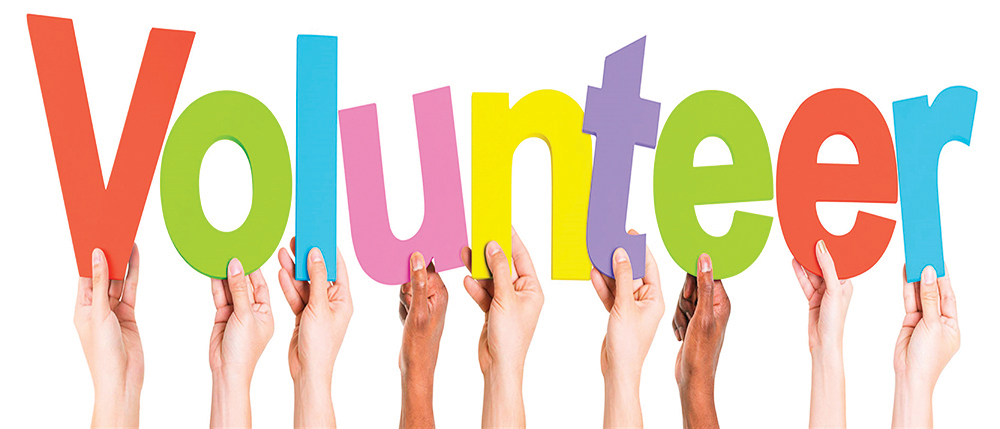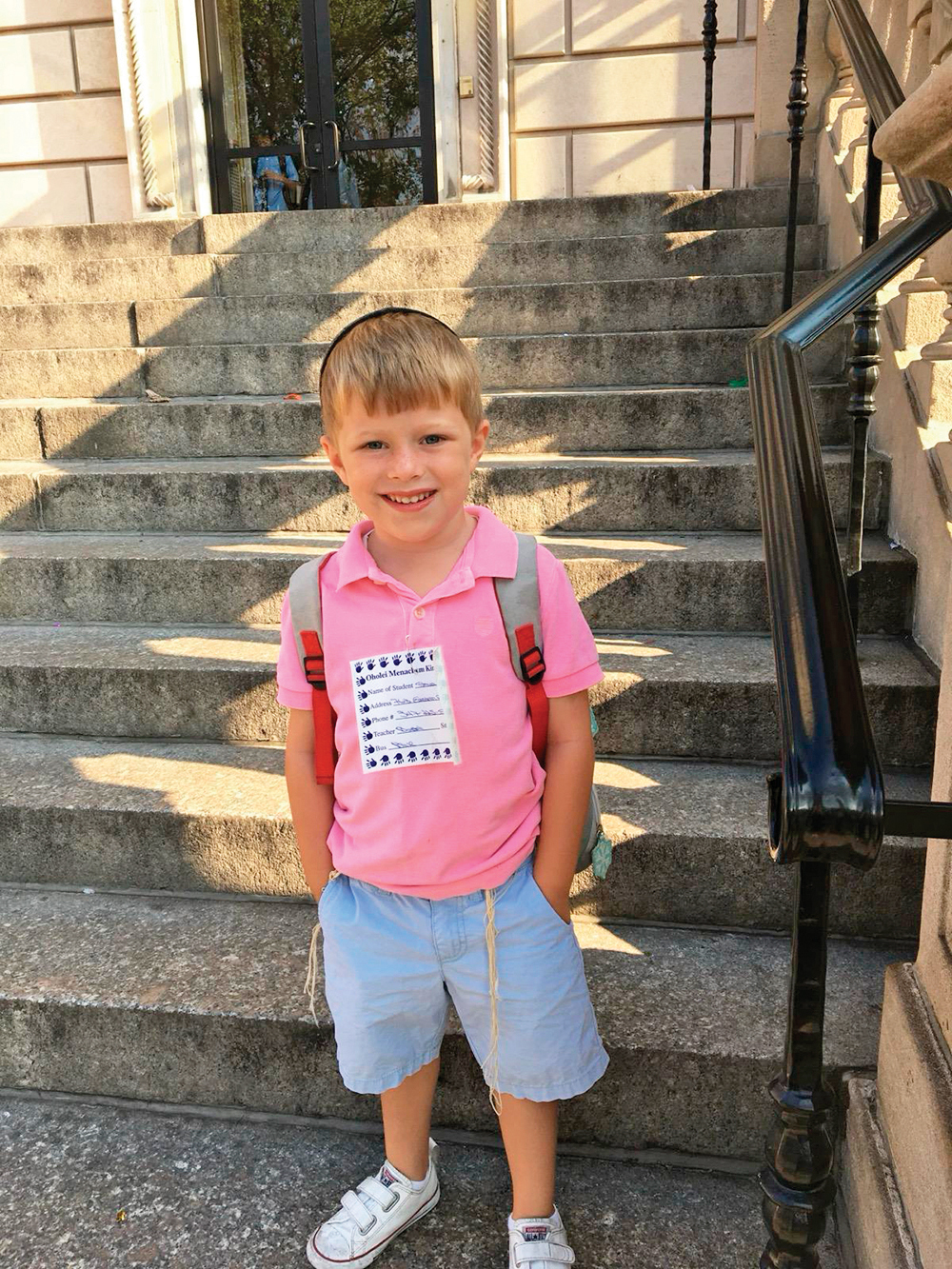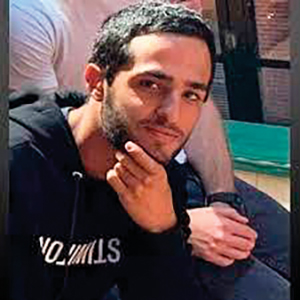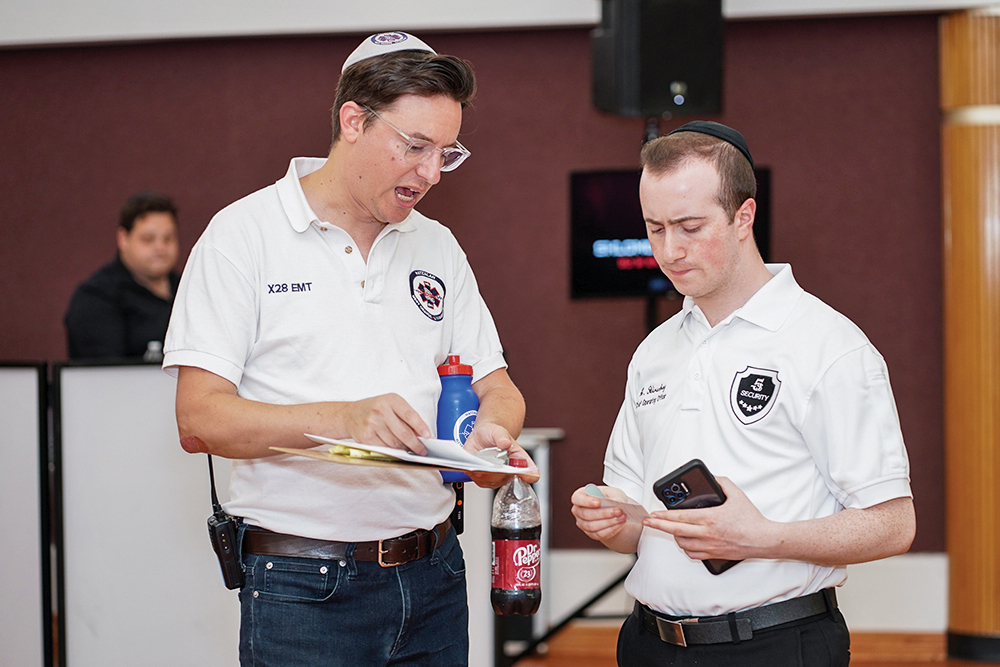Before Judy and I left for our trip to Israel, a good friend commented that she was looking forward to my emails since she had enjoyed them during past visits. While it is certainly true that I enjoy writing and putting my thoughts and feelings on “paper,” somehow I sensed that this year would be different and, before leaving, I was not really inclined to commit to write on a daily basis.
Nevertheless, we are now roughly at the halfway mark and increasingly, and not surprisingly, I have felt the need to write once again but, rather than daily utterances, I decided to begin recording some thoughts and to then continue my reflections periodically, awaiting the urge and viewing whatever emerges as one extended creation. At the same time, I don’t anticipate a compulsive editing effort, so I hope the reader will forgive and overlook the inevitable slips and oversights.
If our trip this year had a “purpose,” I suppose it was to be with our daughter, grandchildren and my brother, all of whom live in Israel. We also planned to visit with a number of close friends who also live in Israel and whose emotional connections span many decades, some more than 60 years.
In terms of the timing of this specific visit, however, the compelling need is somewhat elusive and difficult to explain. Perhaps, in the end, we felt a visceral need to simply be here during this painful and existentially critical period, a time of a sustained war, ugly from many perspectives. In a way, this need has almost felt like lending our presence to a vague or ill-defined assembled group of mourners during a period of shiva. It has been wonderful being with family and friends, relationships that were formed under strikingly different periods of our lives. In the context of the time of our present visit, it is probably not a surprise that emotionally this one is even more intense and positive than in the past. Still, I would like to focus more specifically on broader thoughts and feelings that reflect our experience being in Israel now.
Of course, this is not a history text but, aside from Israel’s war of independence, the current war has been its longest military conflict but probably, and importantly, its most complex and difficult one as well. And although certainly not a novel or particularly insightful observation, the strategy of the taking of hostages, the reality of urban warfare and incorporation of Gaza’s citizenry playing a nuanced combination role of both motivated and reluctant participants, along with the associated dynamics of international political and Orwellian thinking, all coalesce to deepen the anxiety and suffering.
This leads me to share that, in some ways, the general “mood” in the country seems superficially kind of normal, if muted. Still, the emphasis is placed on the word “superficial.” Obviously, there is much more to the picture. Not far from the surface, there is a wellspring of raging emotions and virtual flood of thoughts, all of which can become overwhelming in every sense of the word.
What comes to mind is a concept I learned in my graduate studies, specifically a class focusing on the human nervous system. As I recall, the role of neurons responding — or “firing” — is critical to our functioning both physically and emotionally. But what is fascinating, if I remember accurately, which is a legitimate concern given my age, is that this neuronal electronic discharge diminishes to some degree with each ensuing response or reaction. And with sustained stimulation associated with intense circumstances, the response potential can diminish, becoming less and less.
I guess this came to mind as another way of understanding the surface “normal” mood quality that I am experiencing, seeing this as perhaps reflective of a generalized affective fatigue, which in itself can be very real. But, in a more directly positive sense, there is also the drive to maintain aspects and activities of everyday life as an instinctive and crucial strategy to weather or survive stressors or challenges of life. Sorry for the psychological associations but my mind sometimes assumes control over my fingers as I caress the keyboard; I admit that this is not a first for me.
Let me share some specific experiences, as they will hopefully capture the context and source of my musings. Upon our first morning in Jerusalem, we called a cab to bring us to a favorite coffeehouse (Bet-Cafe) on Emek Refa’im in the German Colony. Our driver was a pleasant man, maybe in his early 60s. Almost automatically, I asked him in Hebrew, “So, how are you feeling?” His response was memorable. In but a few words he captured the essential quality of the mood of the country. Without missing a beat and, although it was better in Hebrew, he said, “Good … aside from what is not good.” His words literally took my breath away.
Another subtle change that has evolved is how people say goodbye when going their separate ways. Rather than saying, bye, shalom, take care, see ya’ or similar, common phrases, the act of parting has almost taken on the quality of a responsive prayer. I have observed this and it has happened to me personally. Thus, a common phrase that is now used in Hebrew is “b’sorot tovot” (We should hear good news), sometimes with the added word, “ve’nechamot” (with compassion), at which point the other person responds with the word “amen/” This occurs with virtually everyone, all shades of religiosity but also individuals who are unambiguously secular.
When I experienced this for the first time, after offering these words following a short, pleasant exchange with a stranger, the response of the amen was a deeply moving experience. Casual chatting, as in a store while looking at merchandise, is managed with an element of normative behavior, but with even a brief, passing reference to the war — or the matzav (the “situation”) — the mood changes as quickly as turning on a virtual switch, prompting spontaneous references to loss, fear and anxiety, even if somewhat muted in quality.
What else have I seen? I have never seen so many Israeli flags on display; on gates, doors; small, large and huge flags abound. There are also signs galore: Am Yisrael Chai everywhere but also those that scream “Bring Them Home Now.” And there is another that never fails to jolt me emotionally that reads, Take Them Out of Hell! Cars often display two flags, one on each side of the vehicle. The carrying of weapons, ranging from a revolver to an impressive assault weapon, with cartridges in place, is far more common than ever.
And this is evident within the broad tapestry of society; young, old, religious, secular, female or male. On Shabbat, at the synagogue in Tekoa where our daughter Yael lives, although not a scientific study, considerably more than half of the minyan was clearly carrying a weapon. Interestingly, in downtown Jerusalem, the streets were shockingly empty as compared with many other visits. On the other hand, restaurants tended to be busy, perhaps a necessary element of preserving a sense of “normalcy” that is being assiduously preserved. And, from a lighthearted and personal perspective, it was also much easier for us to get a cab when needed, which admittedly was nice.
Then there was a particularly touching experience on Friday while walking on Emek Refa’im in the German Colony. For those who are not familiar with this neighborhood, it is an utterly charming tree-lined main street, though fairly narrow, with an array of restaurants, shops and synagogues whose doors belie the intriguing and ornate, often Sephardi or Kurdistani, tradition that awaits within. The side streets are quieter, also even narrower, but capture a charm and tranquility that is enchanting.
Back on the “main” street, as Judy and I were walking, admittedly slowly but also holding hands as is our sustained and cherished habit, something incredible happened. Quite suddenly, a young woman, very pretty with short blond hair and an infectious, broad smile, closely and deliberately approached and said these words (in Hebrew): “Seeing you … gives me reason to hope.” I briefly, and probably awkwardly, expressed an expression of appreciation and she continued walking, though her smile was still evident. Without further commentary, I trust that just picturing the scene moves you; at least I hope so.
As if this experience weren’t enough, believe it or not, Judy and I experienced this upon three other occasions. The next time we were walking, yes holding hands, in the lovely mall called Malcha. A heat wave was present, so an opportunity to escape the intense heat of the afternoon was eased by an escape, window-shopping and also people-watching. This time an elderly woman (yes, even older than yours truly) approached us; she was deeply wrinkled, very skinny with short hair. She literally stopped abruptly as we were passing and just intensely stared at us. It again was very startling and I simply asked her in Hebrew, “Hakol b’seder?”… Is everything all right? Upon which she responded with a smile, “All right? Everything is wonderful!” And she then continued on her way.
Without belaboring the point, something like these two experiences happened two other times. At first I was inclined to think that just seeing an “elderly” couple still affectionate with one another was a pleasant sight. And incidentally, we also saw Haredi couples walking in a similar fashion. Not negating this concept, however, I began to entertain the notion that perhaps it had more to do with the underlying mood of the country and such a sight was a brief antidote to the seething fears and despair that can be so threatening under such conditions.
Relatedly, the experience of being in Israel at this time is surreal. It’s hard to imagine the reality that a short 90-minute drive south will bring you to a raging war in Gaza. Also a drive of just over two hours north will bring you to the Lebanese border, which has been quite hot lately, despite the media playing this down. And then, perhaps one hour or so north, will bring you to an area in the so-called West Bank, where frequent military actions occur, relative to emerging and imminent terrorist activities daily in cities like Jenin. The metaphor occurred to me the other day: What would it feel like if one lived, let us say, in Orange County, in the city of Monroe, and there was a similarly explosive war raging on the streets of New York City? The comparison isn’t all that crazy.
Another persistent and unique quality that can embrace a person in Israel is the sense of being with an extended family, of emotional intimacy. Yes, I know that an old, whimsical storyline includes the statement that Israelis will casually ask a stranger not only what he does for a living but how much he makes a year doing so. But I’m referring to something quite different, something more of an everyday quality, yet still poignant and unexpected.
The cab driver that I referred to earlier whose brief response to the question, “How are you?” I found so moving, later that very day was also present when we looked for a cab for a return ride to our apartment. A friend of his was next in line to provide the cab ride for us, but he commented to the cab driver, “Oh, I brought this couple down early this morning.” And to me, he said, “He’s a very good driver.”
One afternoon, we stopped to have a cup of coffee and a pastry at a French bakery. The table space was a bit cramped, but when a big, burly guy who was sitting adjacent to us got up to leave, he carefully moved his table and chairs so as to give us more room to maneuver. I smiled and thanked him; he responded with a broad smile, noting my appreciation of his gesture and we shook hands as if we were old friends.
One Friday morning, it was heartwarming to see couples and families of all shades of society and religiosity (including Haredi) enjoying breakfast in a restaurant and interacting with warmth and friendship.
And then there was this experience, unexpected but so consistent with the emotional tone of the Israeli experience. Judy and I entered a cab within a day or two of our return to the States. This time Judy sat in front because entry into the back was a bit difficult. Immediately there was something familiar about the driver, his voice and then a glimpse of his face. It only took a minute or two to conclude that we had met a year ago and that he had taken us on several trips in his cab.
More importantly, but on a different level, our meeting was an especially warm one and under different circumstances a budding friendship had been evident. We recalled that he was going to take us to our granddaughter’s wedding a year ago but, due to circumstances, in the end that didn’t work out. Recalling a conversation we had a year ago, I asked him how his friend Eliyahu ben Miriam was, since through a phone conversation he had in the cab (these messages, business and personal, are all openly heard through the cab speaker), it was evident that someone close to him was ill and that he was quite upset about it.
In this conversation a year ago, I asked him about his friend and he told me of the situation. At that point, I asked for his friend’s full name, including his mother’s name, and I told him I would pray for his friend. And now, a year later, on a purely “accidental” basis, we met again, whereupon he was shocked that I remembered our conversation and had indeed davened for his friend as promised. At that point, it was his turn to be moved and he told me that Eliyahu had recovered completely. Of course, things like this happen in many places. Yet, somehow, for me, this has been emblematic of the feel and experience of being in Israel.
Finally, another theme, speaking Hebrew, is one that has often touched me and is worthwhile sharing some relevant thoughts. It is also possible that I responded on this trip with greater intensity in this regard. I’ve always felt a kind of magic when speaking Hebrew with Israelis in Israel and this feeling was sustained on this trip. At the same time, I also felt an enhanced and deeper reaction during davening as well. The meaning of phrases, new interpretations of a prayer, even the cohesiveness of a particular prayer seemed to leap from the page, the words somehow resonating with the echoes of the land — and people — of Israel.
It may well be that since Israel is a Hebrew language environment, it deepened my response, spawning a heightened level of synthesis or integration. Bottom line, this string of cognitive and emotional experiences ultimately came to represent a loving marriage of God, Torah, prayer, the people of Israel and, indeed, the very land itself.
The author is a loving and Torah observant Jew; a husband, father, grandfather and friend. His life has embraced music, the violin, working as a cantor and clinical psychologist, and looking for what is good in life and in people.











